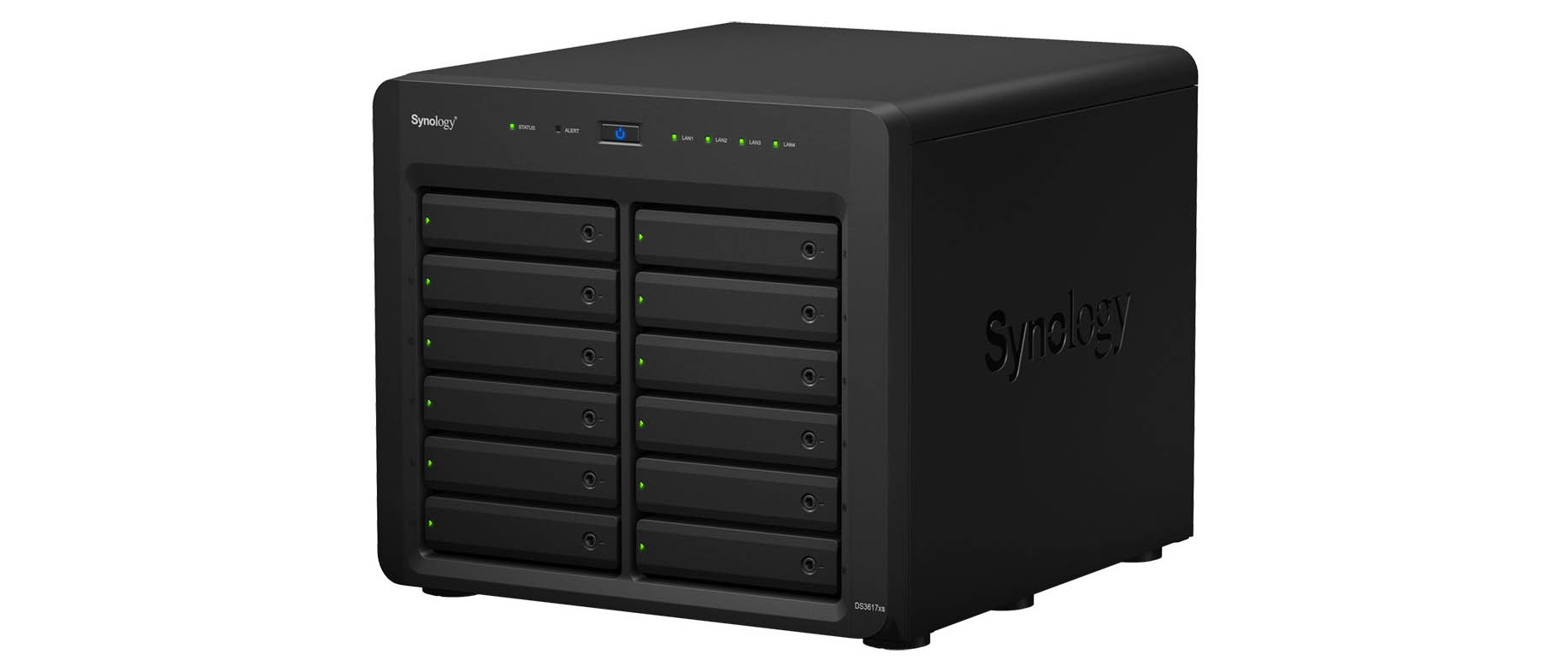Synology NAS devices will soon only accept certain hard disks
Unsurprisingly, many of the verified drives are Synology's own

Sign up for breaking news, reviews, opinion, top tech deals, and more.
You are now subscribed
Your newsletter sign-up was successful
Data storage firm Synology has created its first-ever list of validated hard disks, meaning that those that are not included will no longer be compatible with the firm’s NAS devices. Unsurprisingly, a large proportion of the hard drives that make the list are those marketed under the Synology brand.
Around half of the hard disks that now work with Synology’s enterprise-class NAS devices are part of Synology’s recently launched HAT 5300 range. In fact, the only compatible drives that come in with greater than 4TB of storage are HAT 5300 devices.
Interestingly, it appears that not all is as it seems regarding Synology’s entrance into the hard disk market. The Taiwanese firm told The Register that its new hard disks were actually Synology-branded Toshiba drives but did come with Synology’s own firmware.
- These are the best NAS drives on the market
- We've assembled a list of the best external hard drives around
- Also, check out our roundup of the best portable SSDs
Less choice
"The HAT5300 enterprise hard drives are great for business-critical data that require capacity, reliability, and cost-effective performance," Peggy Weng, Product Manager at Synology, said. "During development we tested the three SKUs for more than 300,000 hours to ensure that they deliver absolute dependability for our customers. We've created highly-optimized drives that our customers can rely on to work perfectly with our systems, and seamless DSM integration."
Synology also indicated that its own drives would be more reliable than those made by other vendors because they have been extensively tested to work with its NAS devices. A limited number of hard drives produced by Seagate, Western Digital, and Toshiba have also been verified as compatible with Synology’s NAS arrays.
The new compatibility restrictions may direct a fair bit of extra business Synology’s way, particularly from businesses that require large amounts of storage. While verified third-party drives only go up to 4TB, Synology’s own HAT 5300 drives come in 8TB, 12TB, and 16TB offerings.
- We've also highlighted the best cloud storage solutions
Via The Register
Sign up to the TechRadar Pro newsletter to get all the top news, opinion, features and guidance your business needs to succeed!
Barclay has been writing about technology for a decade, starting out as a freelancer with ITProPortal covering everything from London’s start-up scene to comparisons of the best cloud storage services. After that, he spent some time as the managing editor of an online outlet focusing on cloud computing, furthering his interest in virtualization, Big Data, and the Internet of Things.
